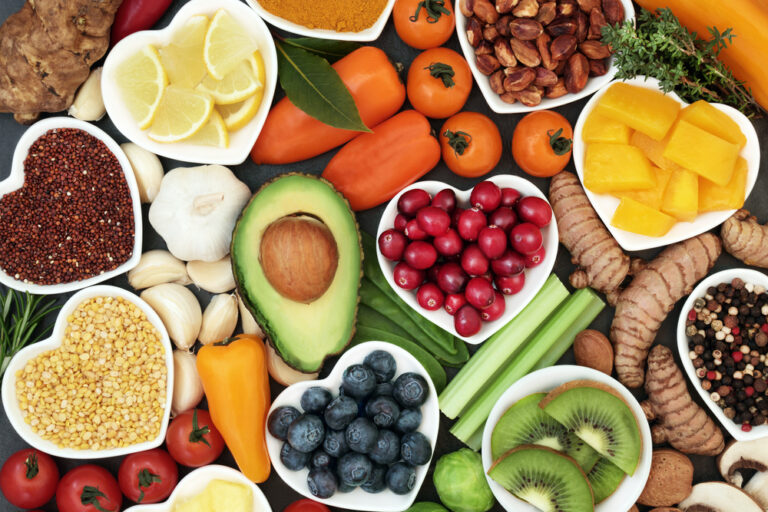D. NOMI
Have you ever wondered if you were getting enough of the right kind of vitamin? Do we as a people have a vitamin deficiency?
The “stay at home” order with a total of 1 hour a day allowed outdoors gave me pause to think. Due to COVID-19 and an increased amount of time spent indoors, I had opted to take vitamin D. I had also read that Zinc was good for the immune system, but zinc on an empty stomach triggered my upchuck reflexes, so I now take zinc after meals.
We live and we learn, right? So, the research began (read internet stalking, asking Google and a few inquiries to my local Nutritionist) and I was off.
Here’s what I learned: Vitamin D3 should be taken with Vitamin K2 according to https://www.lovelifesupplements.co.uk
Both vitamins are fat-soluble and work together to metabolize calcium in your body by activating helpful proteins [3]. While vitamin D3 improves your calcium absorption [4], vitamin K2 allocates where that calcium can be used.
So now I take the two together!
In case you haven’t already heard, here are the top three supplements adults should consider taking in the fight against the coronavirus:
1. VITAMIN C. Consume foods include the classics of orange juice/oranges as well as other citrus fruits and vegetables including grapefruit, strawberries, tomatoes and cranberries.
2. VITAMIN D. Consult with your doctor to find the dosage best for you, or you can boost your intake of vitamin D by eating fish and other foods fortified with the vitamin.
3. ZINC. Studies have shown zinc can inhibit the replication of viruses like poliovirus and SARS-coronavirus. Most adults can take a zinc supplement of 40 mg or less once a day.
Other foods that contain vitamins and nutrients that help boost the immune system include:
VITAMIN A. – dairy products, as well as orange and yellow fruits.
Vitamin B3 (Niacin). – grains, beans, legumes, nuts, chicken, meats, and fish.
VITAMIN B9 (folate and folic acid) – leafy greens like spinach and fortified foods including pasta and bread.
To date there are no specific studies into whether we as a people are getting enough vitamins. What is known is that every 11 years or so a study called the Bermuda Household Expenditure Survey is taken and made available to the public.
The last survey available was taken and produced in 2013 and it showed that households making $1,092 per week spend more money on meals and snacks taken out than they do on fruits and vegetables.
Bermudian Nutritionist, Dietitian, gardener, and herbalist Mellonie Furbert told me the significance of this study and allowed me to pick her brain:
“Bermudians eat a lot of processed foods. That may initially sound bad, but a lot of these foods are fortified; even formula is fortified, so I believe we’re getting sufficient vitamins and minerals.
“What we’re probably missing are the phytochemicals; natural whole foods that help the body to fight off cancers. According to The Bermuda Health Council’s report called Health in Review 2017 the number one health problem in Bermuda is heart disease. Cancer is number two. If households are eating out more due to their long work hours and multiple jobs, the takeout food is NOT low in fats, sugar and salt.”
Has COVID-19 affected these numbers, especially since more people are preparing meals at home as well as home gardening? It will take another study to determine the extent to which there have been significant changes.
In the meantime, I will increase my fruit and vegetable intake for phytochemicals and figure out what vitamins I should take in conjunction for efficacy. Do the best for you, too!

